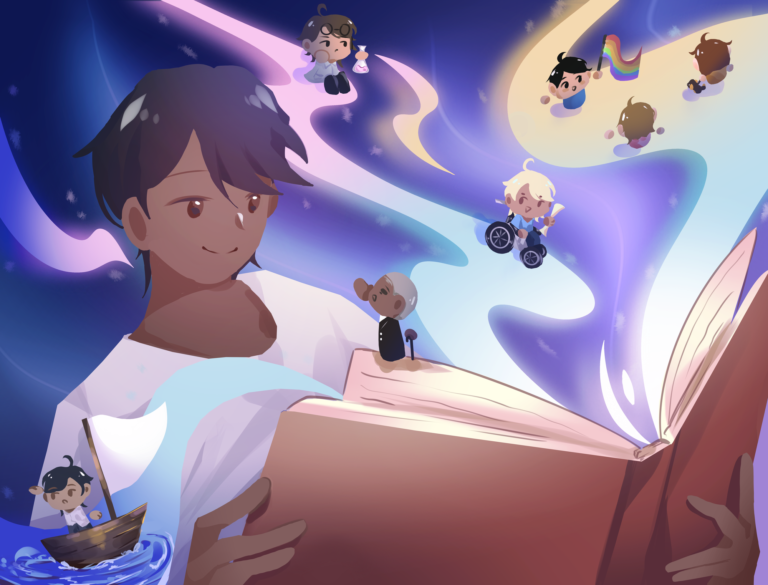After juggling being assigned 20-page textbook readings and 10 chapters from books written by the professors themselves, many students have neither the time nor mental wherewithal to read for fun.
For me and many others, reading has become an activity relegated to school work and, in many cases, done in a pinch and about topics I don’t find the most thrilling. That’s why, every time I open a book of my own choosing – whether about a deeply depressed man in 19th-century St. Petersburg, Russia, like in Fyodor Dostoevsky’s “White Nights” or gripping escapades from Julia Fox’s memoir – I acquire a more personal understanding that I don’t often find from research briefs and textbook chapters.
Reading for fun is one of the only times when it’s possible to truly see from another’s point of view, which is why it is so valuable for university students to do it. It is the entrance into a world that is uniquely different from our own.
Reading fiction allows us to understand of the interior world of another person, thereby increasing empathy.
Yet by immersing myself into the story of another, I often instead find myself back in my own shoes, contextualizing my own experiences through a different lens. Reading for fun has promoted the discovery of my own identity.
Take “The Song of Achilles” by Madeline Miller, a novel about a love story between ancient Greek mythological hero Achilles and his companion, Patroclus. As a queer kid, this was one of the first books I read that directly addresses queer identity.
Reading about a gay love story broadened my perspective of queer identity and helped me discover where I fit within this paradigm. Because queer narratives are often overlooked in popular media, I often felt as if every thought or emotion surrounding queerness was singular and abnormal.
Nonetheless, I began to place my own thoughts and feelings in the context of the queer narrator. Suddenly, how I felt about my identity didn’t seem so isolating.
Confronting queer relationships head-on and unabashedly helped me define my emotions that previously felt foreign. I found community in these books.
This community grew as I continued to read queer fiction. Another novel was “Giovanni’s Room” by James Baldwin, the story of an American man who falls in love with another man in a bohemian 1950s Paris, unrelentingly homophobic world.
As one of the foremost novels in the queer literary canon, I began to see how this story spoke to the queer experience.
Many of the central plot points of “Giovanni’s Room” are fundamental to parts of the queer experience. For example, both discovering your identity and then finding it difficult to accept the reality of it. Or having to hide from an intolerant world and not necessarily winning that fight.
I saw compassion in this melancholy love story through the lens of its insecure narrator, constantly at odds with his internalized homophobia. Queer identity is not always hopeful, inspiring and free. In some cases, it can be suffocating and confusing.
But reading this book of suffocation and confusion felt more like a big hug. By having compassion for these characters, I began to have more compassion for myself. And to come from a novel so deeply entrenched in the queer literary canon, it felt like reassurance from a guardian of the queer community itself.
These books felt like tying up the loose ends of a rope I didn’t know was frayed. I felt fortified by them as I discovered who I was and where I fit within the queer community.
Not only could I be proud of my identity, but I could also be insecure in it, and neither of those had to be done in silence.
I recognize that for many, fiction is escapism – a way to submerse yourself into a world that isn’t your own. That is why I encourage students to read more than just the novels and textbooks that professors assign.
After all, escaping into other worlds might just lead you back to your own.

